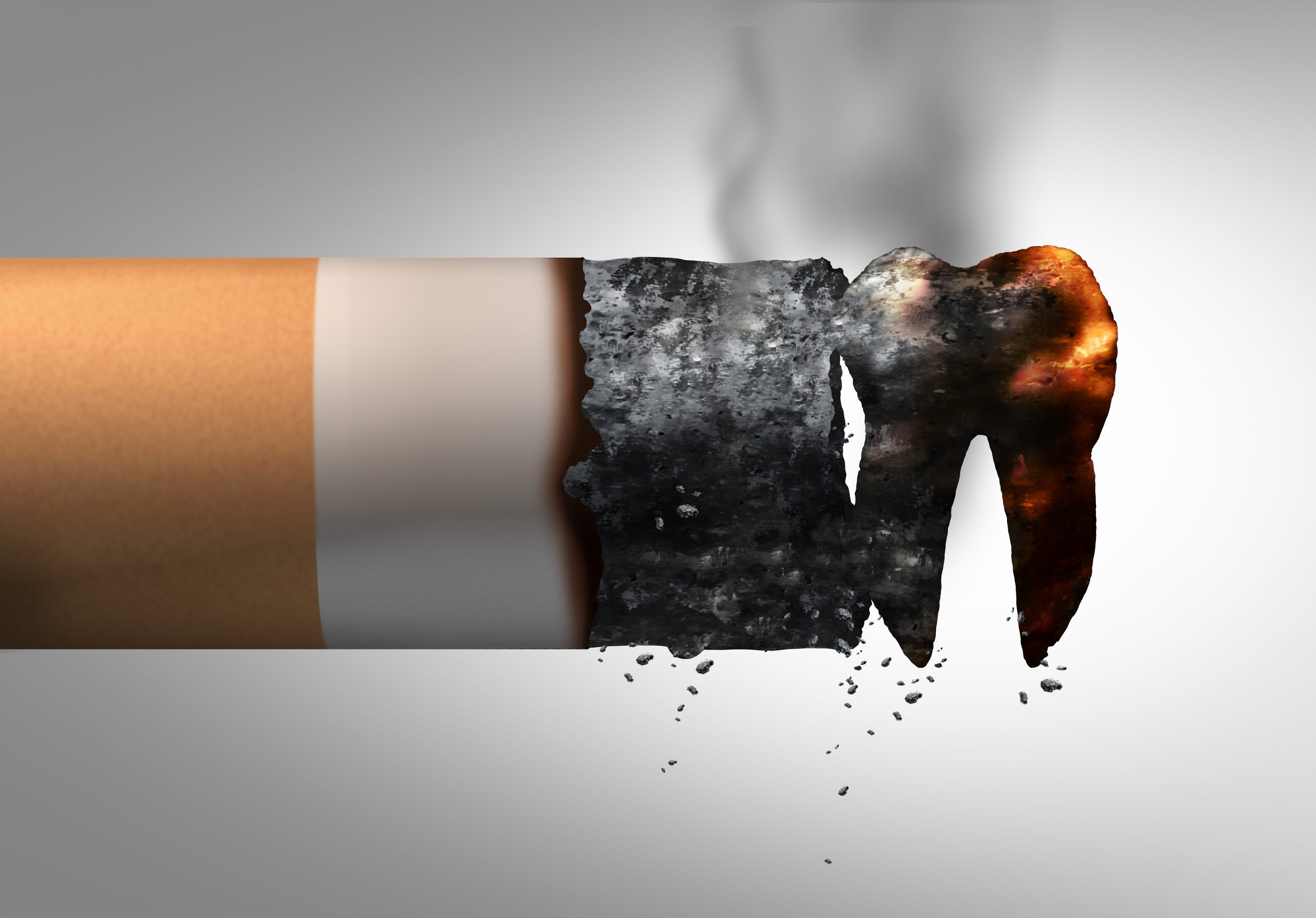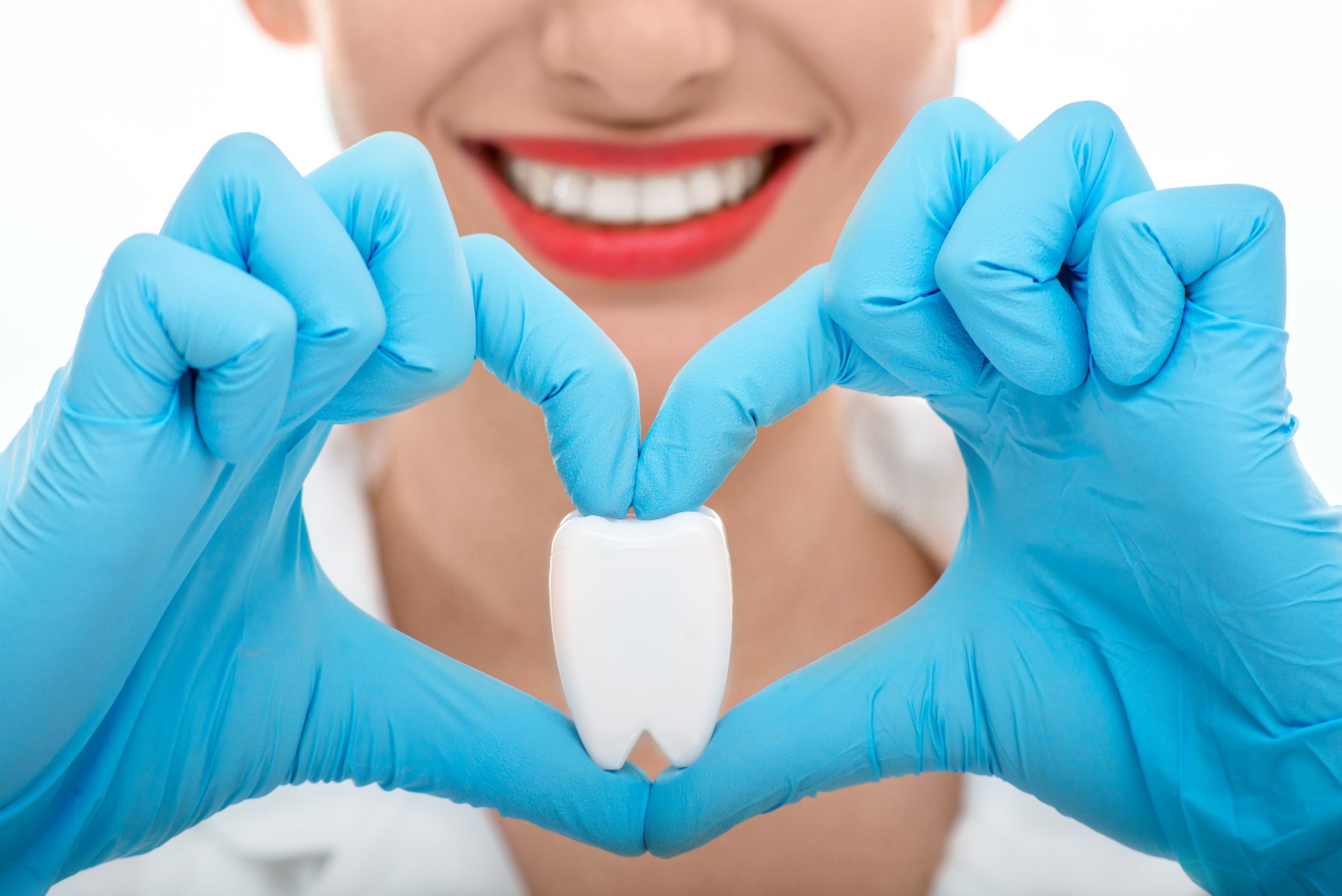Smoking is a habit that not only affects overall health but also has a significant impact on dental health. From discoloration and bad breath to more severe conditions such as gum disease and tooth loss, smoking can wreak havoc on the mouth. In this article, we explore the various ways smoking affects dental health.
- Tooth Discoloration: One of the most noticeable effects of smoking on dental health is tooth discoloration. The nicotine and tar present in cigarettes can stain the teeth, turning them yellow or even brown over time. These stains are not easily removable with regular brushing and may require professional dental cleaning or teeth whitening procedures to restore the teeth’s natural color.
- Bad Breath: Smoking is a major contributor to chronic bad breath, also known as halitosis. The chemicals in tobacco products leave a distinct smell that can linger in the mouth and throat. Moreover, smoking reduces saliva production, leading to dry mouth, which further exacerbates bad breath. Using mouthwash or breath fresheners can only provide temporary relief, as the underlying issue lies in the smoking habit itself.
- Gum Disease: Smoking is a significant risk factor for gum disease, also known as periodontal disease. The chemicals in tobacco products irritate the gum tissues, making them more susceptible to infection and inflammation. Smoking weakens the immune system, impairs blood flow to the gums, and slows down the healing process. As a result, smokers are more likely to develop gum disease, experience gum recession, and eventually lose teeth.
- Slower Healing: Smoking affects the body’s ability to heal itself, including the healing of oral tissues. After dental procedures such as tooth extraction or gum surgery, smokers tend to experience slower healing and a higher risk of complications. The compromised blood flow and reduced oxygen supply resulting from smoking can hinder the body’s natural healing processes, leading to prolonged discomfort and increased chances of infections.
- Increased Plaque and Tartar: Smoking contributes to the buildup of plaque and tartar on the teeth. Plaque is a sticky film of bacteria that forms on the teeth and gums. When plaque is not adequately removed through regular brushing and flossing, it hardens into tartar, which can only be removed by a dental professional. Smoking promotes the growth of harmful bacteria in the mouth, leading to an increased accumulation of plaque and tartar, which further contributes to gum disease and tooth decay.
- Tooth Decay: Smoking increases the risk of tooth decay. The chemicals in tobacco products, along with the decreased saliva flow caused by smoking, create an ideal environment for bacteria to thrive. This increases the likelihood of developing cavities and tooth decay. Moreover, smoking reduces the effectiveness of saliva in neutralizing acids and remineralizing tooth enamel, further compromising dental health.
- Oral Cancer: Smoking is a significant risk factor for oral cancer. Smokers are at a higher risk of developing cancers of the mouth, tongue, throat, and lips. The harmful chemicals in tobacco products damage the DNA in oral cells, leading to the uncontrolled growth of cancerous cells. Early detection and regular dental check-ups are crucial for detecting and treating oral cancer in its early stages.
Quitting smoking is the best course of action for improving dental health and overall well-being. It’s important to seek support from healthcare professionals or support groups to help overcome the addiction. In addition to quitting smoking, individuals should maintain good oral hygiene practices, including regular brushing, flossing, and dental check-ups. Dentists can provide personalized advice and treatments to address the dental issues caused by smoking and monitor oral health for any signs of developing complications.
In conclusion, smoking has a detrimental impact on dental health, including tooth discoloration, bad breath, gum disease,





